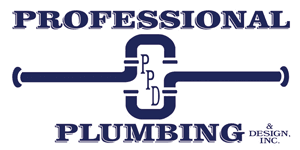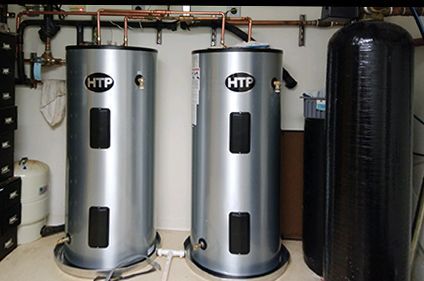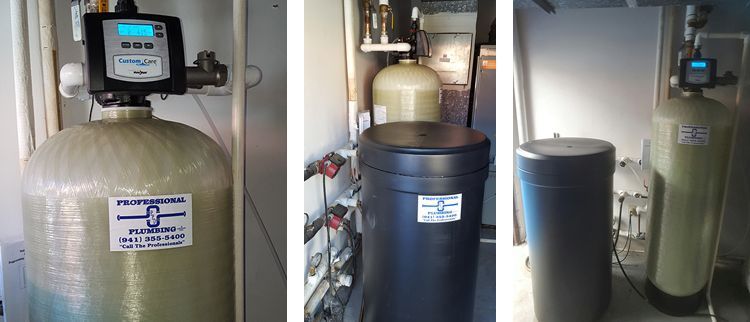Ensuring a Healthy Septic System with Live Bacteria
A properly functioning septic system depends on a delicate balance of live bacteria to break down organic waste effectively.
These essential microorganisms work continuously to digest and degrade grease, oil, fats, proteins, and other biodegradable materials. Without a sufficient bacterial population, waste can accumulate, leading to system inefficiencies, unpleasant odors, and even costly failures.
Why Proper Septic Maintenance Matters
A well-maintained septic system is essential for long-term performance and environmental protection. When bacteria effectively break down solid waste in the septic tank, the liquid effluent that flows into the drain field is cleaner and free of excessive solids, preventing soil clogging and system overload. Without this natural breakdown process, the septic system can experience blockages, backups, or even complete failure, leading to costly repairs and potential health hazards.
Key Benefits of Maintaining a Healthy Bacterial Balance
- Efficient Waste Breakdown – Live bacteria naturally decompose organic matter, minimizing sludge buildup and extending the system’s lifespan.
- Improved Drain Field Performance – A properly functioning septic system ensures that wastewater is safely absorbed and filtered through the drain field, preventing groundwater contamination.
- Prevention of Costly Repairs – Regular maintenance and bacterial treatments help prevent blockages, system backups, and expensive repairs.
- Odor Control – Healthy bacteria populations reduce the risk of unpleasant septic odors by breaking down waste efficiently.
- Eco-Friendly Waste Management – Using live bacteria reduces the need for harsh chemicals that can disrupt the natural septic ecosystem and harm the environment.
Best Practices for Maintaining a Healthy Septic System
To ensure optimal septic performance, follow these essential maintenance tips:
- Use Septic-Safe Products – Avoid antibacterial soaps, excessive bleach, and harsh chemical cleaners, as they can kill beneficial bacteria in the tank.
- Regular Bacterial Treatments – Introduce biological additives to replenish bacterial levels and enhance waste breakdown.
- Schedule Routine Pumping & Inspections – Professional septic pumping every 3-5 years (or as recommended) helps prevent sludge accumulation and system failure.
- Conserve Water Usage – Excessive water use can overload the system and flush out beneficial bacteria, reducing its effectiveness.
- Avoid Flushing Non-Biodegradable Items – Items such as wipes, feminine hygiene products, grease, and paper towels can clog the system and disrupt bacterial activity.
A properly maintained septic system is key to protecting your home, health, and the environment. For expert septic system care, trust Professional Plumbing & Design to provide reliable maintenance solutions that keep your system running smoothly for years to come.
Contact us today for professional septic system maintenance and bacterial treatment services!






